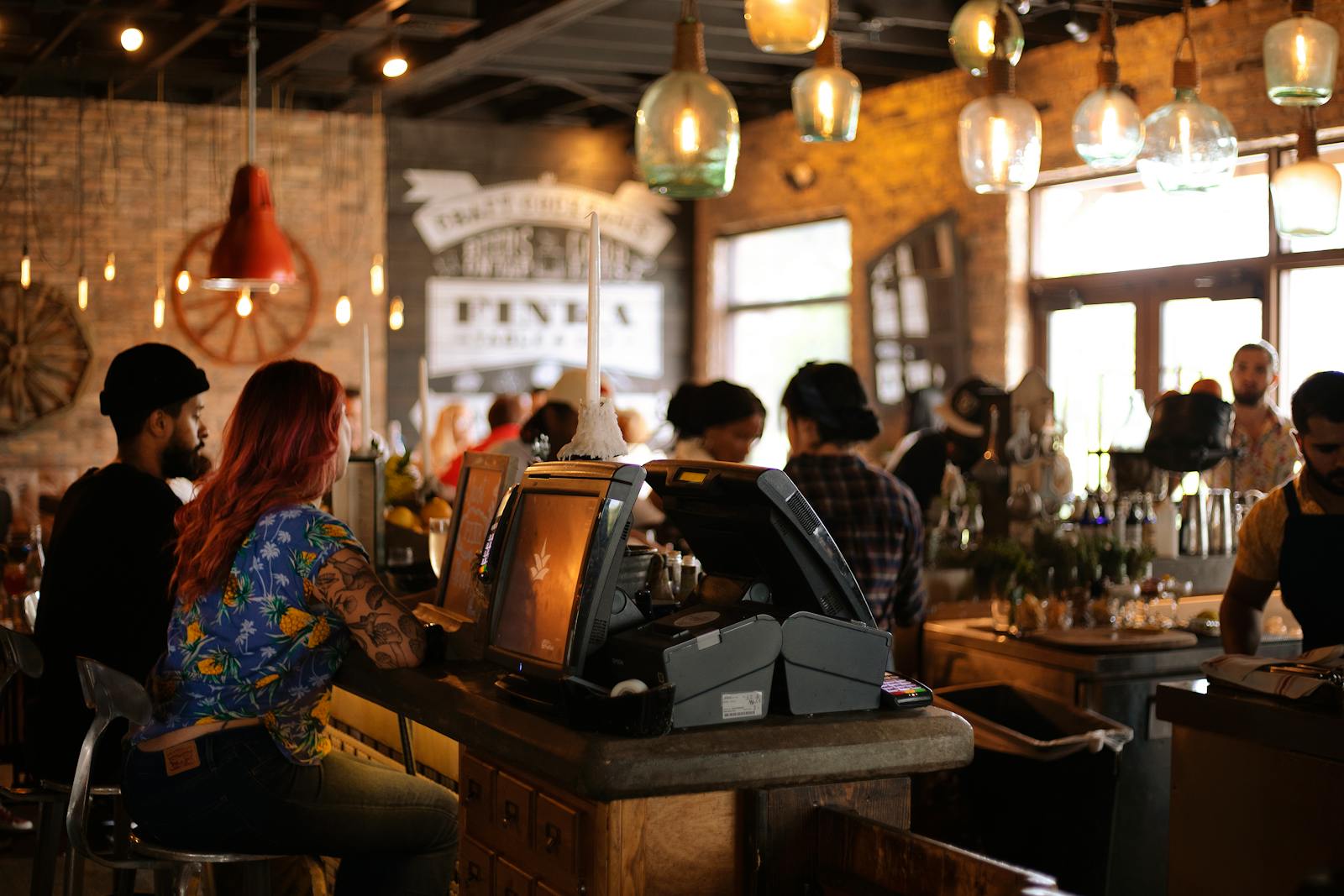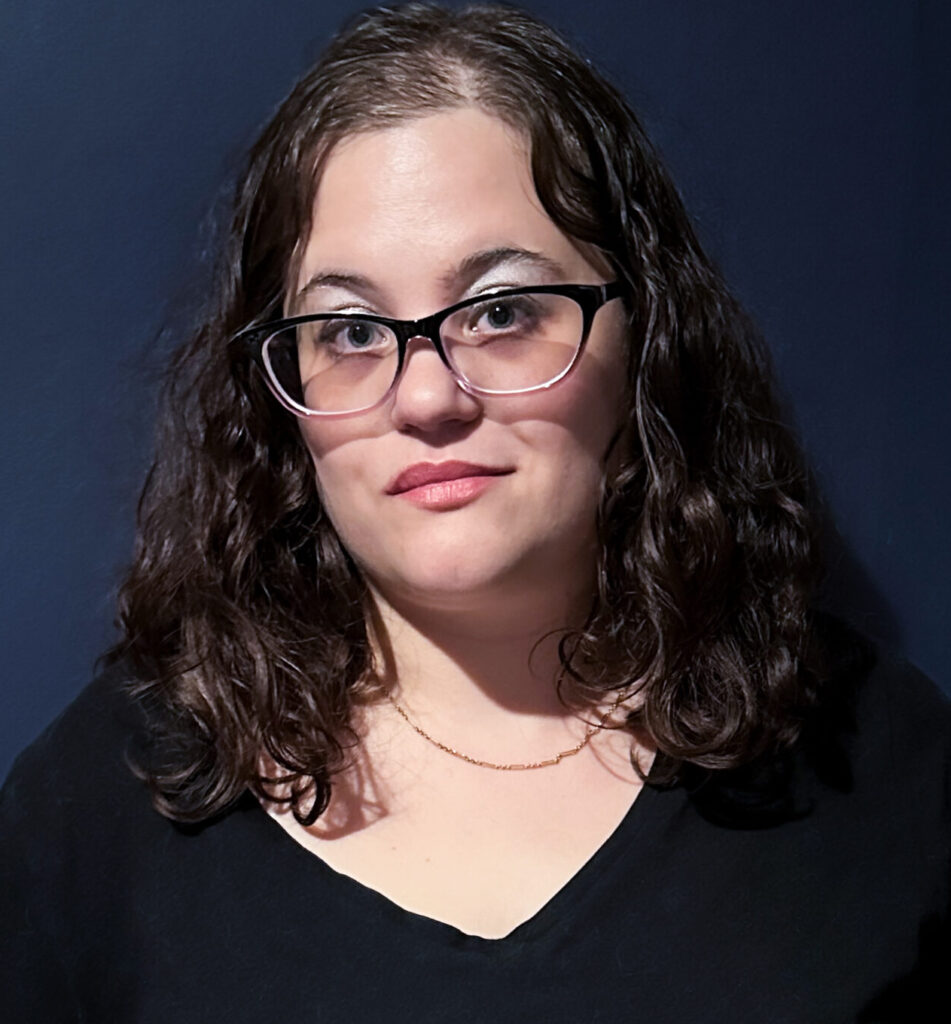
By Molly Gracey
Imagine sitting in a café when someone nearby coughs, just a soft throat-clear, barely noticed by others. For James, 29, that small sound can feel like a spotlight, igniting panic and rage. His heart pounds, his chest tightens, and a wave of shame washes over him as he scurries for cover. That’s misophonia.
Misophonia (miso = hatred and phonia = sound), literally “hatred of sound”, is marked by intense emotional and physical reactions to specific noises, most often everyday sounds like chewing, coughing, throat-clearing, sniffing, or pen-clicking. A recent study by King’s College London and the University of Oxford estimates that around 18 % of adults in the UK, nearly one in five, experience misophonia at levels that significantly impair their daily lives. Yet the condition remains little known. Many live with it for years before even learning it has a name.
Coughing: A Hidden Trigger
Chewing is often mentioned when people talk about misophonia, but for James, it’s coughing that sets off the spiral. It can be a single, quiet throat-clear across a train carriage, or we’ll be walking through a quiet supermarket aisle when someone behind us lets out a dry, repetitive cough. To most people, it’s nothing. To James, it’s everything.
I’ve seen it happen. His body stiffens. His jaw locks. His eyes flick toward the sound, then away. He goes silent, completely still, but I know what’s happening inside. He has told me before:
“It feels like jaws are clenching down on the left-side of my head, followed by a headache..”
The response is automatic. A feeling of rage pulses through his body. His heart races. And people around him have no idea. They just think he’s tense, or antisocial.
“They assume my mind realises that people can’t help coughing… The symptoms [when someone coughs] are like PTSD and as the sufferer, I don’t have a choice over that.”
Across the room, the man with the cough takes a sip of coffee, relaxed. He doesn’t know he’s ruined James’s morning. He doesn’t know James is already halfway to a meltdown.
That’s the cruelty of misophonia. The trigger is invisible to everyone else, but the impact is huge, and often, deeply isolating. James isn’t overreacting. His nervous system is reacting for him.
From Discovery to Dialogue
Misophonia was first identified in the early 2000s by neuroscientists Pawel and Margaret Jastreboff, who coined the term to describe people experiencing extreme emotional responses, not just irritation, to specific sounds. While the name implies hatred, the reality is one of involuntary distress.
But misophonia is not new. It has existed long before it had a name; countless people have lived in silence, frequently misunderstood or misdiagnosed. Some were told they were anxious, neurotic, or antisocial.
It wasn’t until 2022 that misophonia was proposed in a Delphi review as a discrete disorder by international experts, a milestone that came decades too late for many. This recent recognition underscores just how new, under-researched and under-recognised this condition still is today.
Finding Relief and Strength
James is not alone. Celebrities like Kelly Osbourne, Melanie Lynskey, and Kelly Clarkson have publicly shared their struggles with misophonia, helping to strip away stigma and reassure people like James that they’re not broken. British comedian Seann Walsh, who featured on Strictly Come Dancing, has also spoken out about needing background music at meals to mask chewing sounds, or else feel the panic rise.
Why the 9th of July Matters
World Misophonia Day is more than awareness; it’s validation and support. It’s a day to spotlight stories like James’s, where ordinary sounds to some, like a cough in a café, can unleash extraordinary distress. It’s a call to friends, families, workplaces, and public spaces: be kind, be patient, be quiet.
It’s also a day to push for greater access to therapy, UK-specific research, and better understanding in schools, healthcare, and everyday life. It’s a reminder that misophonia is real.
By sharing these experiences and statistics, we honour those living with misophonia and invite the world to listen, learn, and maybe stay a little quieter on the 9th of July.
If you are looking for misophonia coping skills, you can go here to see coaching (worldwide) and here to see therapy (Canada) options with Shaylynn Hayes-Raymond. Shaylynn also offers both live and on-demand webinars for misophonia.







